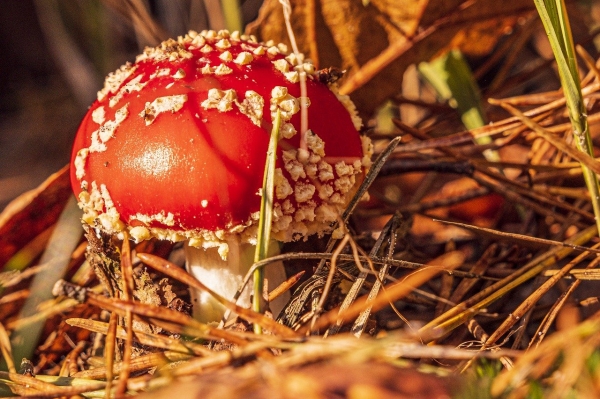A delicate tracery of dust and bright star clusters threads across this image from the James Webb Space Telescope.
articles
Saving Moths May Be Just as Important as Saving the Bees
Night-time pollinators such as moths may visit just as many plants as bees, and should also be the focus of conservation and protection efforts, a new study from the University of Sheffield suggests.
Forest Protection Successfully Leads to Reduced Emissions at Global Scale
New study confirms protected forests preserve equivalent to one year of global fossil fuel emissions through avoided emissions.
Little-Known Microbes Could Help Predict Climate Tipping Points
Rising temperatures could push ocean plankton and other single-celled creatures toward a carbon tipping point that fuels more warming.
Fungi Stores a Third of Carbon From Fossil Fuel Emissions and Could Be Essential to Reaching Net Zero
The vast underground network of fungi beneath our feet stores over 13 gigatons of carbon around the world, roughly equivalent to 36 per cent of yearly global fossil fuel emissions, according to new research.
Underestimated Heat Storage
There are many effects of climate change. Perhaps the most broadly known is global warming, which is caused by heat building up in various parts of the Earth system, such as the atmosphere, the ocean, the cryosphere and the land.










